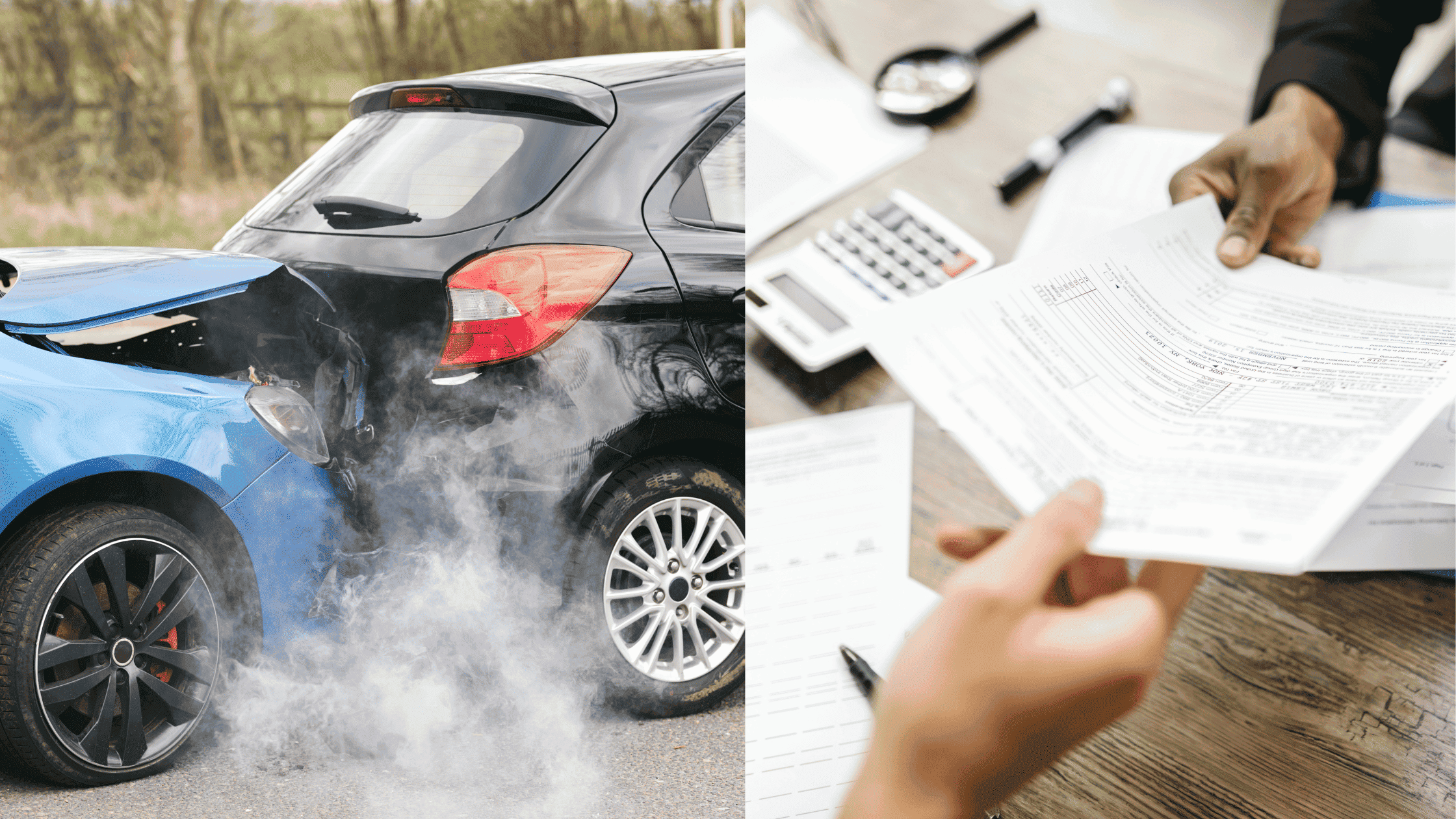
What to Do After a Car Accident: A Step-by-Step Guide
A car accident can be a stressful and overwhelming experience.
Knowing the right steps to take immediately after an accident can help protect your rights, ensure your safety, and facilitate the claims process. Here’s a comprehensive guide on what to do after a car accident.
Immediate Steps to Take at the Scene
-
Check for Injuries – First and foremost, assess yourself and any passengers for injuries. If anyone is injured, call 911 immediately.
-
Move to a Safe Location – If possible, move your vehicle to the side of the road to avoid obstructing traffic and further accidents.
-
Call the Authorities – Contact local law enforcement to report the accident, even if it seems minor. A police report can be crucial for insurance claims.
-
Exchange Information – Collect details from all involved parties, including names, contact information, driver’s license numbers, insurance details, and vehicle information.
-
Document the Scene – Take clear photos of the accident scene, vehicle damages, license plates, traffic signs, and any visible injuries.
-
Look for Witnesses – If there are bystanders who witnessed the accident, get their contact information. Their statements can be valuable for insurance claims and legal purposes.
Dealing with Insurance Companies
-
Notify Your Insurance Provider – Report the accident to your insurance company as soon as possible. Provide accurate details but avoid admitting fault.
-
Understand Your Coverage – Review your insurance policy to understand what expenses are covered, including medical costs, vehicle repairs, and rental reimbursement.
-
Work with an Adjuster – Your insurance company will assign an adjuster to evaluate the damage and determine liability. Be cooperative but cautious in your statements.
Seeking Medical Attention
-
Get a Medical Evaluation – Even if you feel fine, it’s essential to see a doctor. Some injuries, like whiplash or internal trauma, may not be immediately apparent.
-
Follow Treatment Plans – Adhering to medical advice and keeping records of treatments can strengthen your claim and ensure a smooth recovery.
Settlement Funding Options
-
Consider Pre-Settlement Funding – If you are awaiting a settlement but need financial support, pre-settlement funding can help cover medical bills and living expenses.
-
Understand the Terms – Research and consult with an attorney before agreeing to pre-settlement funding to ensure fair terms and avoid excessive fees.
When to Consider Legal Action
-
Consult a Personal Injury Lawyer – If the accident involves significant damages, injuries, or disputes over fault, an attorney can help protect your rights and negotiate a fair settlement.
-
File a Lawsuit if Necessary – If negotiations with insurance companies fail, legal action may be required to recover fair compensation for damages and injuries.
Final Tips for Accident Preparedness
-
Keep an Emergency Kit – Store essential items in your vehicle, including a first aid kit, flashlight, notepad, and a disposable camera.
-
Know Your Insurance Policy – Understanding your coverage can help you make informed decisions after an accident.
-
Drive Safely – Prevention is always better than dealing with an accident. Follow traffic rules, avoid distractions, and drive responsibly.
By following these steps, you can navigate the aftermath of a car accident more efficiently and ensure that your rights and interests are protected.
PrimeCare Network provides pre-settlement funding, also known as consumer litigation funding, through different products depending on state regulations. Some consumers receive funding through a purchase agreement assigning a portion of their legal claim’s proceeds. Others, in states like SC and CO, may be offered a pre-settlement loan, sometimes referred to as a lawsuit loan. These transactions have key differences, so consumers should carefully review their funding options. This content is for informational purposes only and does not constitute legal advice. Always consult an attorney for legal guidance related to your case.
